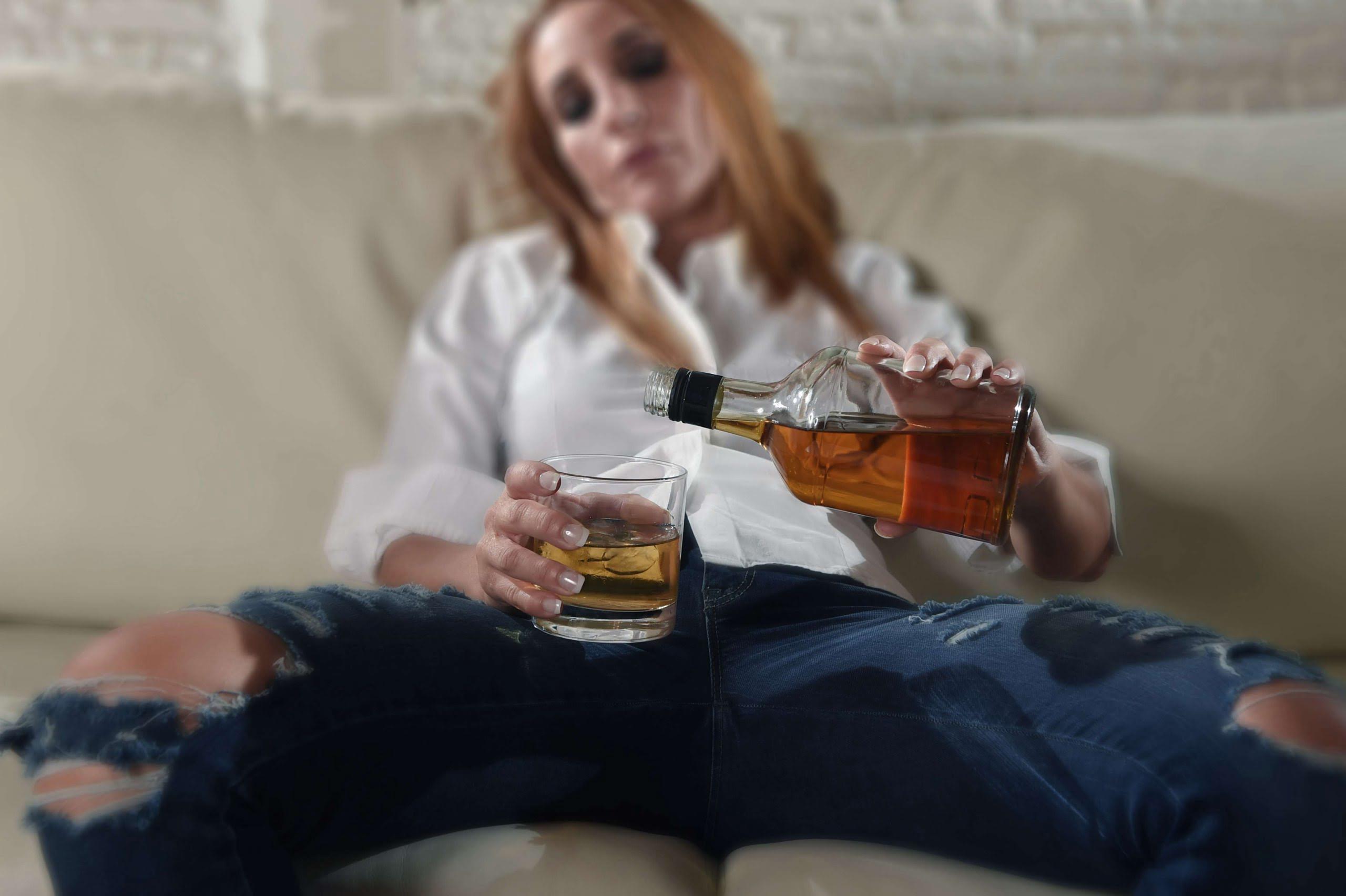Replacing alcoholic beverages with non-alcohol drinks is a great method of helping https://www.srpa.ru/sobytiya/konferencziya/356-xiii-annual-stavropol-conference-official-account.html during a taper. By substituting alcoholic drinks for non-alcoholic drinks, you can still engage in most of your habit without getting the alcohol that makes it addictive. This can taper you off alcohol while still helping you keep up with your normal drinking routine, making the process easier.
Support Systems in Massachusetts Women’s Rehab
If you have a severe level of addiction or dependency, you may need a detox program. Talk to a medical professional to find the best detox option for you. You can taper off alcohol if you worry that you are developing alcohol addiction. By seeking support and professional guidance, you are taking proactive steps towards a brighter future free from the grip of alcohol. Remember, you don’t have to face this journey alone, and there are resources available to support you every step of the way.

Health Challenges
- For example, one can start by drinking one less drink each day or by limiting alcohol consumption to specific days of the week, such as weekends.
- In order to change your drinking habits, your first step is to take a close look at your current behaviors and find patterns.
- Your liver can start to heal, your risks of heart disease and cancer go down, and you may begin to sleep better.
- All your goals should follow SMART rules; they should be specific, measurable, achievable, realistic, and time bound.
Gradually reducing alcohol consumption can be achieved through a substitution taper. Prolonged and excessive alcohol consumption can impact your brain, causing changes to the neurotransmitter gamma-aminobutyric acid (GABA) receptors. Heavy drinking can lead to a reduction in the sensitivity of your brain to the amount of GABA produced.

Minimizing Withdrawal Symptoms

Substitution involves replacing alcoholic beverages with non-alcoholic ones. This can help address the habitual aspect of drinking, like having a beverage in hand at social events without the alcohol content. Over time, you can decrease the alcoholic drinks while increasing the non-alcoholic ones while still following the same behaviors you were used to. https://knitgid.ru/sem-travm-docheri-emocionalno-otstranennoi-materi-borba-s-posledstviyami/ If you and your doctor decide that a taper is proper for you, it is crucial to remember there isn’t a one-size-fits-all strategy.
You may even ask your friends and family not to drink while around you. Discover the benefits, support, and triumphs on your journey to seek joy and sobriety. By building a strong support system, you can surround yourself with individuals who believe in your journey and provide the encouragement you need to stay on track.

It pulls you out of a reactive state of mind and into a proactive state, which can be a powerful tool in helping treat alcohol withdrawal. Jeff’s work has been used in rehabs across the country as tools to help https://newfs.info/base/8656/ patients achieve sobriety. It is important that your recovery plan has a list of people who can support you as you wean off alcohol. Within just a month of not drinking, your body can begin to reap the benefits. Your liver can start to heal, your risks of heart disease and cancer go down, and you may begin to sleep better.
